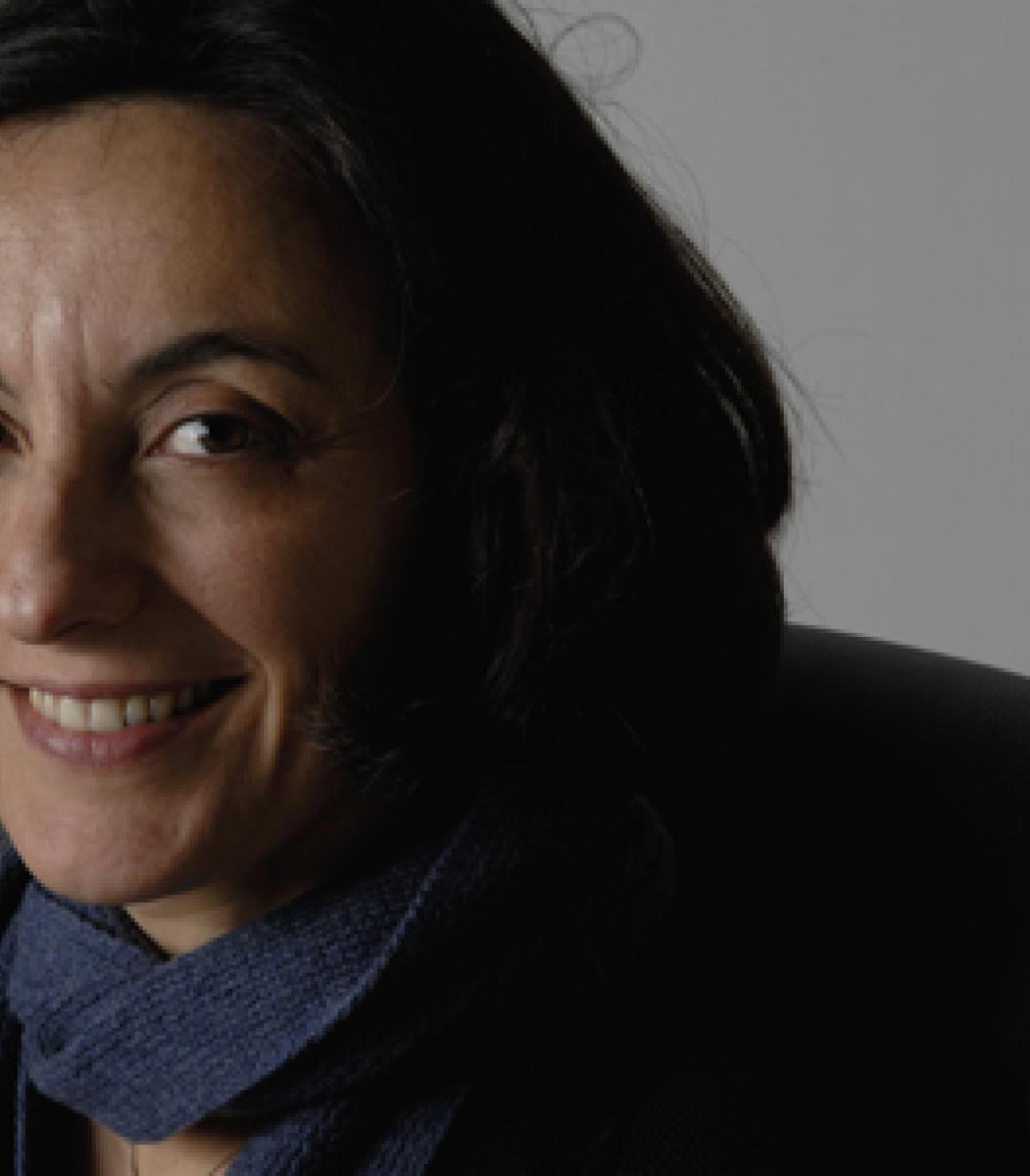Diversity&Inclusion @SoBigData.it: Promoting Women's Participation in Data Science and Related Ph.D. Programs
This event focuses on supporting and uplifting women in data science and machine learning. It seeks to inspire, educate, and build a dynamic community that honors the accomplishments of women in these fast-evolving fields. Through engaging talks and panel discussions, we will highlight the significant contributions women have made to data science and machine learning, showcasing their diverse perspectives and pioneering innovations. Featuring industry leaders and emerging academic talents, our lineup of distinguished women will share their experiences, challenges, and success stories, offering valuable insights and inspiring the next generation of female data scientists.
PROGRAM
15.00 Welcome address: Prof. Fabrizio Silvestri (Chair of the Data Science Ph.D. Program)
15.10 A Theoretical Analysis of Recommendation Loss Functions under Negative Sampling
Dr. Giulia Di Teodoro

Abstract: Recommender Systems (RSs) are pivotal in diverse domains such as e-commerce, music streaming, and social media. This work conducts a comparative analysis of prevalent loss functions in RSs: Binary Cross-Entropy (BCE), Categorical Cross-Entropy (CCE), and Bayesian Personalized Ranking (BPR). Exploring the behaviour of these loss functions across varying negative sampling settings, we reveal that BPR and CCE are equivalent when one negative sample is used. Additionally, we demonstrate that all losses share a common global minimum. Evaluation of RSs mainly relies on ranking metrics known as Normalized Discounted Cumulative Gain (NDCG) and Mean Reciprocal Rank (MRR). We produce bounds of the different losses for negative sampling settings to establish a probabilistic lower bound for NDCG. We show that the BPR bound on NDCG is weaker than that of BCE, contradicting the common assumption that BPR is superior to BCE in RSs training. Experiments on three datasets and two models empirically support these theoretical findings.
15.50 Doing research in the industry and a path towards academia.
Dr. Aleksandra Piktus

16.30 engineering...? why?
Prof. Marilena Venditelli

Abstract: The most common reaction a girl encounters when she says she wants to study engineering at university is one of surprise, sometimes mixed with admiration, followed by the question, "Why?" In this talk, I will humorously revisit the beginnings of my engineering career and the non-technical challenges a girl faces in this field. Then, I will briefly present some of my recent engineering projects, which are the result of my research in the field of robotics.
